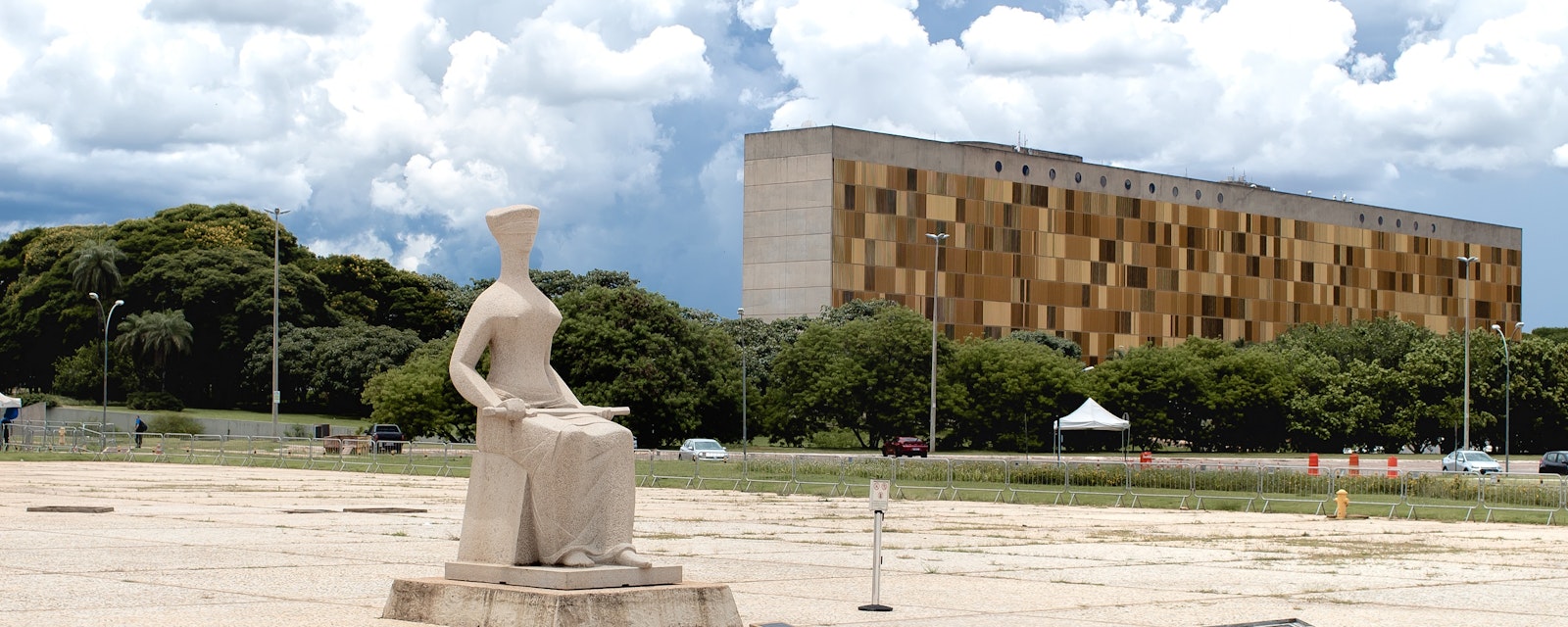President Jair Bolsonaro has opened a new front of conflict with the Supreme Court (STF). He issued a pardon on 22 April for an allied federal congressman, Daniel Silveira from the right-wing Brazilian Labor Party (PTB) from Rio, who was sentenced by a 10-1 ruling to eight years and nine months in prison. Bolsonaro has been at loggerheads with the country’s highest court throughout his mandate but had been relatively quiet during the pre-electoral campaign season, allegedly following advice from “Big-Center” House Speaker Arthur Lira and others. The move by the president raises the temperature across the three branches of government in an electoral year.
It is generally accepted that the STF could have ruled as it did, that the president could have issued a pardon as he did, and that Congress should decide whether Silveira’s ineligibility is applicable as set out in the ruling. However, it is unlikely that any of the three branches will back down. Technically, Bolsonaro’s pardon has no immediate effect since the judgement is still incomplete in the absence of formal reactions from the parties to the case. His haste in acting before it was formally necessary indicates the political nature of the move.
Silveira is a former police officer with a controversial record – he spent more than 50 days in jail during his career for several disciplinary irregularities. He had already been sent to jail by the STF in February 2021 when the House approved it. At the time, Silveira had released a video calling for the shutdown of the STF and praising the AI-5, which institutionalized general represssion under the military dictatorship of the 1960s and 1970s. The Prosecutor’s Office, perceived as pro-Bolsonaro, has also followed decisions against the federal representative. Silveira was released in November 2021 subject to the wearing of an electronic ankle bracelet and a bar on anti-democratic public manifestations. He has disrespected both.
It is plausible to imagine that the president is “being himself”, acting on impulse and disregarding his own interest in appearing more balanced in the eyes of a significant share of undecided voters. He may, however, be acting strategically instead – not just on impulse. The rapporteur of the Silveira case in the STF is Judge Alexandre de Moraes who has been the most active STF member in cases involving the Bolsonaro family, such as fake news, the barring of a social media platform, and others. Moraes will be the president of the electoral court (TSE) during the October elections. In issuing a controversial pardon to an anti-democratic ally, Bolsonaro may therefore be simply trying to prepare himself for a defeat at the ballot box in October. He may be working to create the conditions to justify a refusal to accept the results of the elections – for which he needs a “culprit” and a fired-up support base leading up to election day.
The president’s controversial anticipated pardon may be a mix of impulse and strategy. It is in any case risky not only for the country for its attack on democratic institutions, but also for himself. Fighting against democracy should not win him enough votes to beat Lula, no matter how badly Lula runs his own campaign.




